As Hurricane Melissa cements itself as the strongest storm ever recorded in the Atlantic basin—fueled by unseasonably warm ocean temperatures 2.5 °F above average—we must grapple with what this means for our future.
In a recent report, scientists found that seven of the nine planetary boundaries essential for sustaining life on Earth are in decline, with ocean acidification newly entering the list of concerns. As we all learned in elementary school, everything requires balance. Yet we are rapidly approaching tipping points that our communities and our lifestyles are ill-prepared to handle.
With major events coming at what feels like once an hour, few of us understandably have the time to truly digest what is happening. As a result, critical information that should be making global headlines slips past unnoticed. In the U.S., this is especially true when it relates to climate, as the Energy Department has reportedly banned the term “climate change” from official communications, and the national parks have reportedly begun to be stripped of any information regarding climate change. It is clear, the government is trying to sanitize the alarming nature of the crisis, no pun intended.
This past September, New York City hosted Climate Week, coinciding with the UN General Assembly. Amid the speeches, panels, and “action now” slogans, thousands gathered in a twofold protest: demanding stronger climate action and denouncing the situation in the Gaza Strip. At first glance, these issues may seem unrelated. But consider this: the war industry is one of the world’s largest polluters, with global militaries responsible for an estimated 5.5% of carbon emissions as of 2022. Now imagine what that figure looks like after two years of relentless bombing and endless military escalation. Human suffering and pollution are intrinsically tied. Meanwhile, at the GA, President Trump again dismissed climate change as a “con job,” while a couple of blocks down the road, executives and influencers talked about “making action cool” or “making it easy.” What we need is not another slogan. What we need is a shift in mentality.
The future will be uncomfortable. The only question is whether that discomfort comes on our terms or whether it is forced upon us. There is no “magic solution” left. We do not have the luxury of twiddling our thumbs. Politicians, billionaires, and stockholders need to redirect their wealth and power toward what matters. We must push them to do so, or we will keep experiencing ever more frequent and devastating climate events. As of August, the U.S. has seen 99 federally declared disasters, surpassing last year’s total of 90, with marginalized communities facing the brunt of the impact. Just last week, a catastrophic typhoon tore through the Kwigilingok community in Alaska, a primarily Yup’ik area, leaving at least one dead and over 1,000 people displaced. As a result of this, $25 million has been delegated to be used for recovery expenses.
This is not abstract. You, as a consumer, must recognize that your current comfort comes at a cost to someone, somewhere, right now, and to you in the future. The clothes you buy will end up in a landfill. The gadget TikTok convinced you to “run, not walk” to purchase will likely remain as waste long after your grandchildren are born. The data centers guzzling water to keep your favorite apps running are contributing to higher energy bills and polluted water supplies.
Our culture of convenience is feeding a crisis that cannot be solved with hashtags or quick fixes. The time for polite optimism is over. The time for discomfort and real change is now.
Midterm elections are coming next year. Read up on who is on the ballot and give your vote to people who understand the scale of the action we need. Remember, they are supposed to work for and represent you, not the lobbyists that fill their pockets. Yes, the current administration is set on erasing (and even worsening) the environmental crisis, but we need to stay alert and make their jobs harder. Organize. Become part of your community. Buy your holiday gifts secondhand. Try a no-buy month. Get uncomfortable, and make them uncomfortable. Because we do not have time to waste.
Natalia Arcos Cano is an Environmental Scientist and Public Voices fellow of The OpEd Project with the National Latina Institute for Reproductive Justice and the Every Page Foundation.




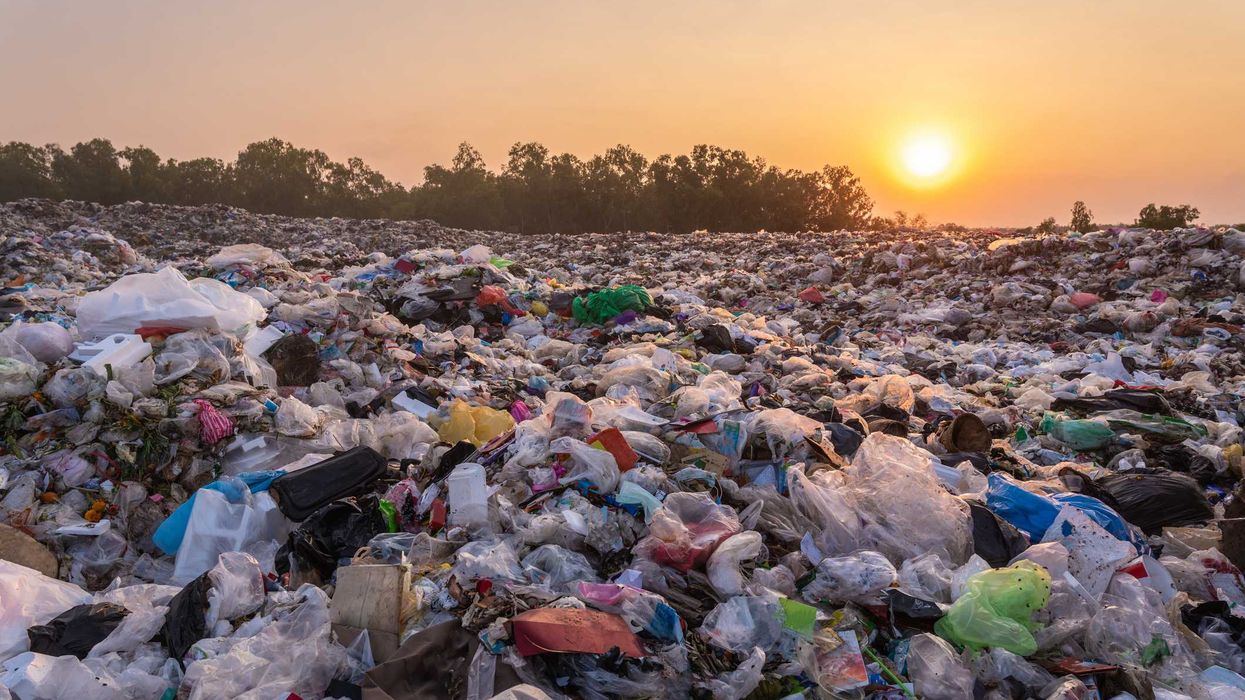













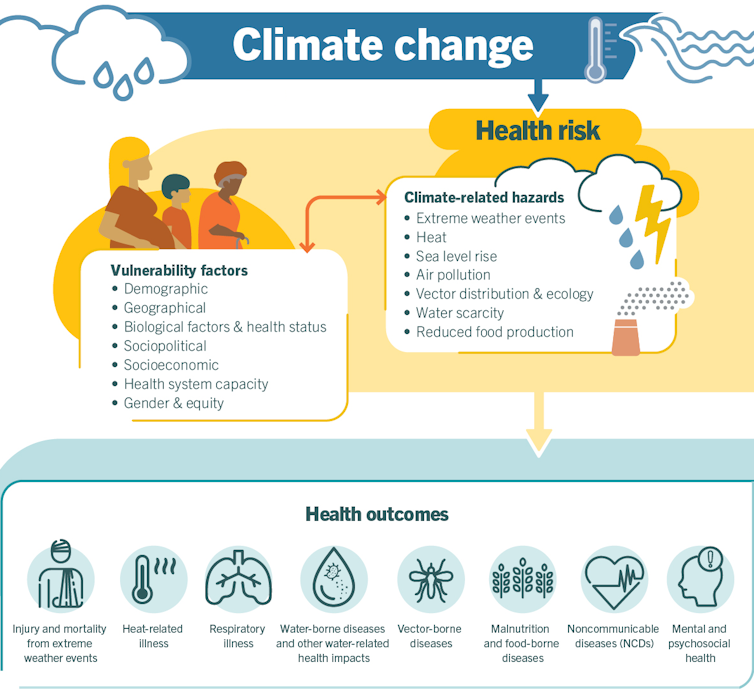
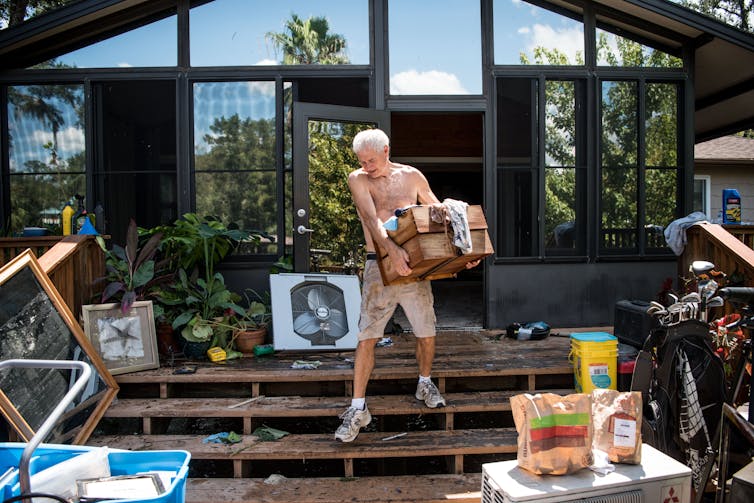
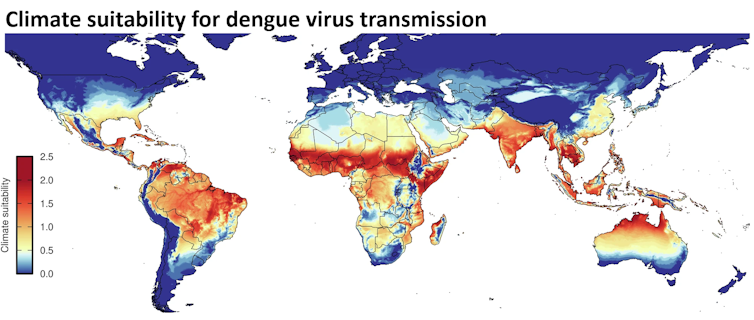
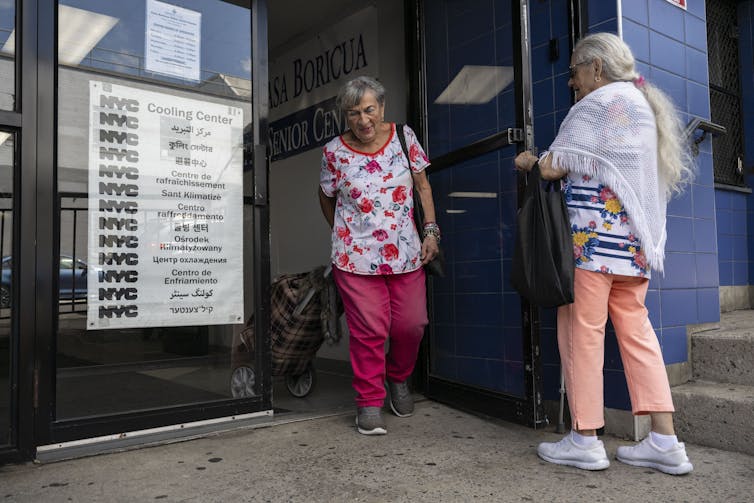
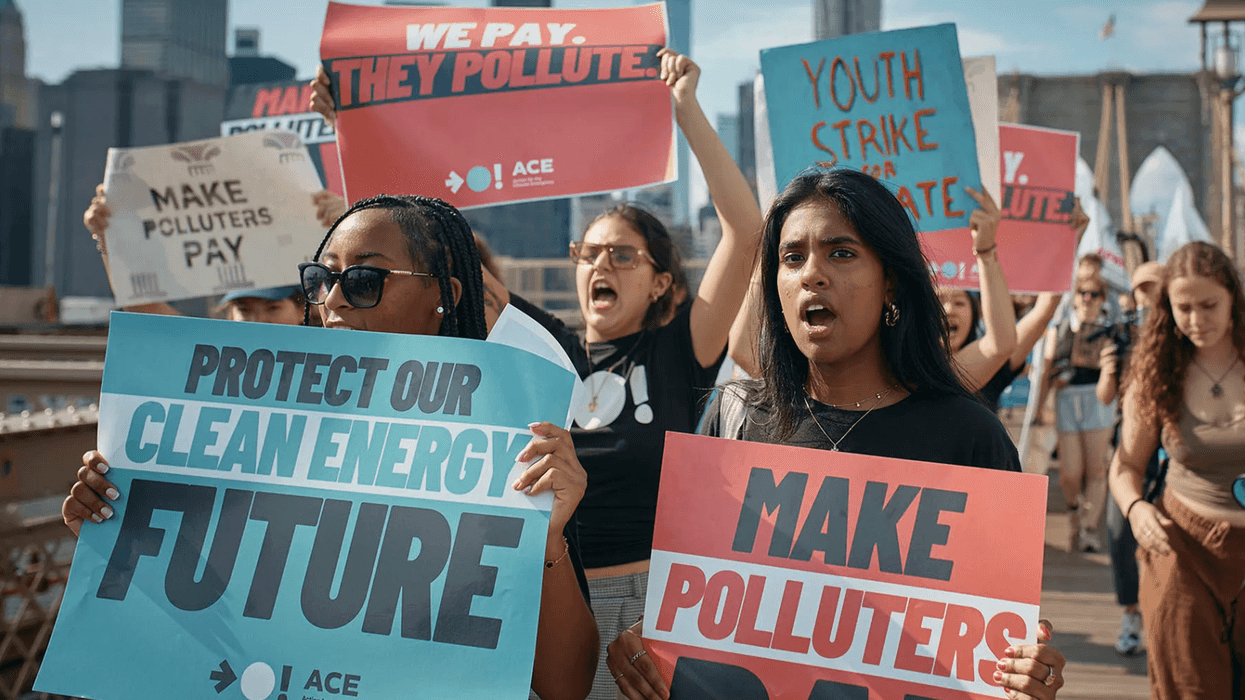

Trump & Hegseth gave Mark Kelly a huge 2028 gift